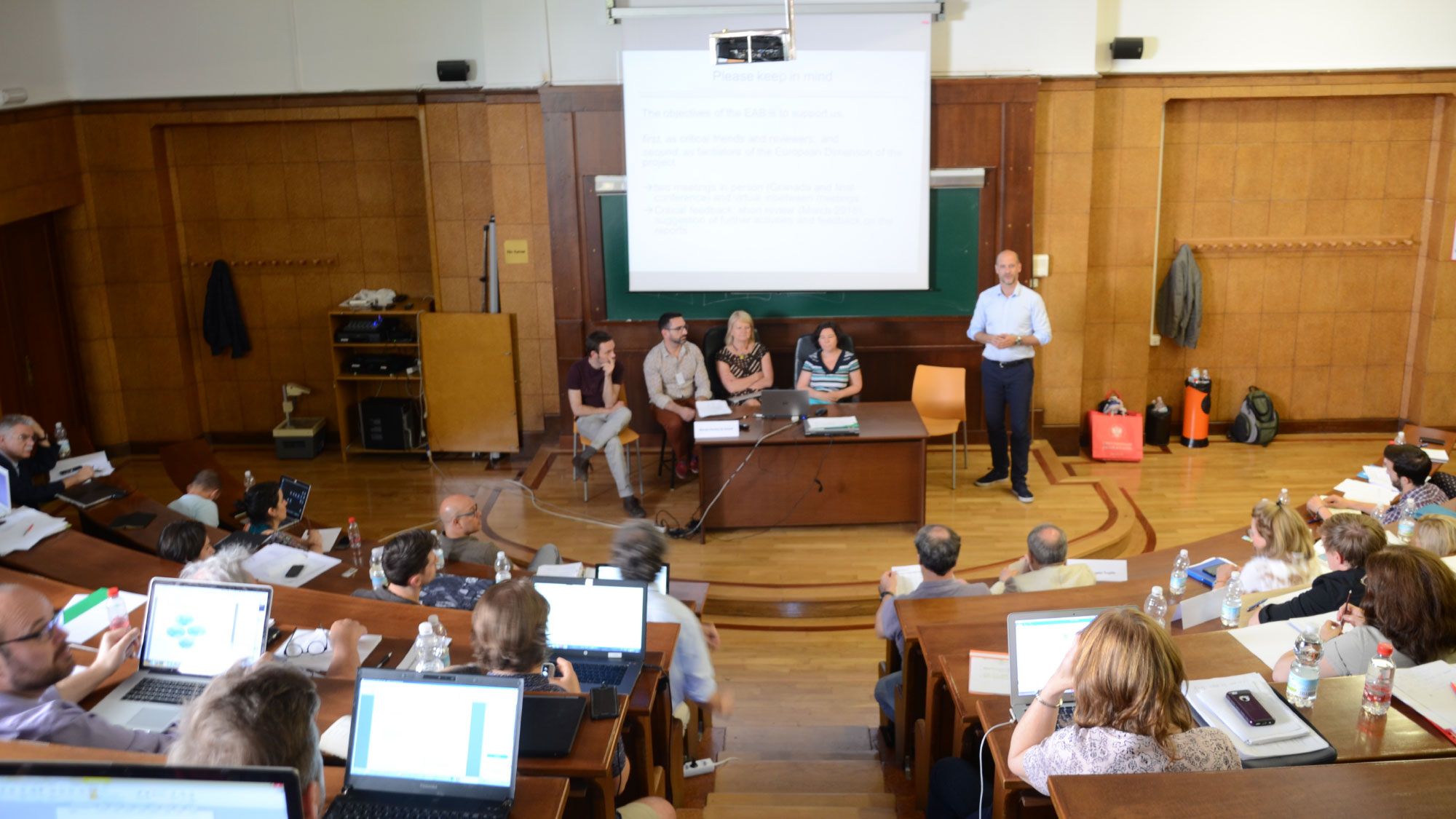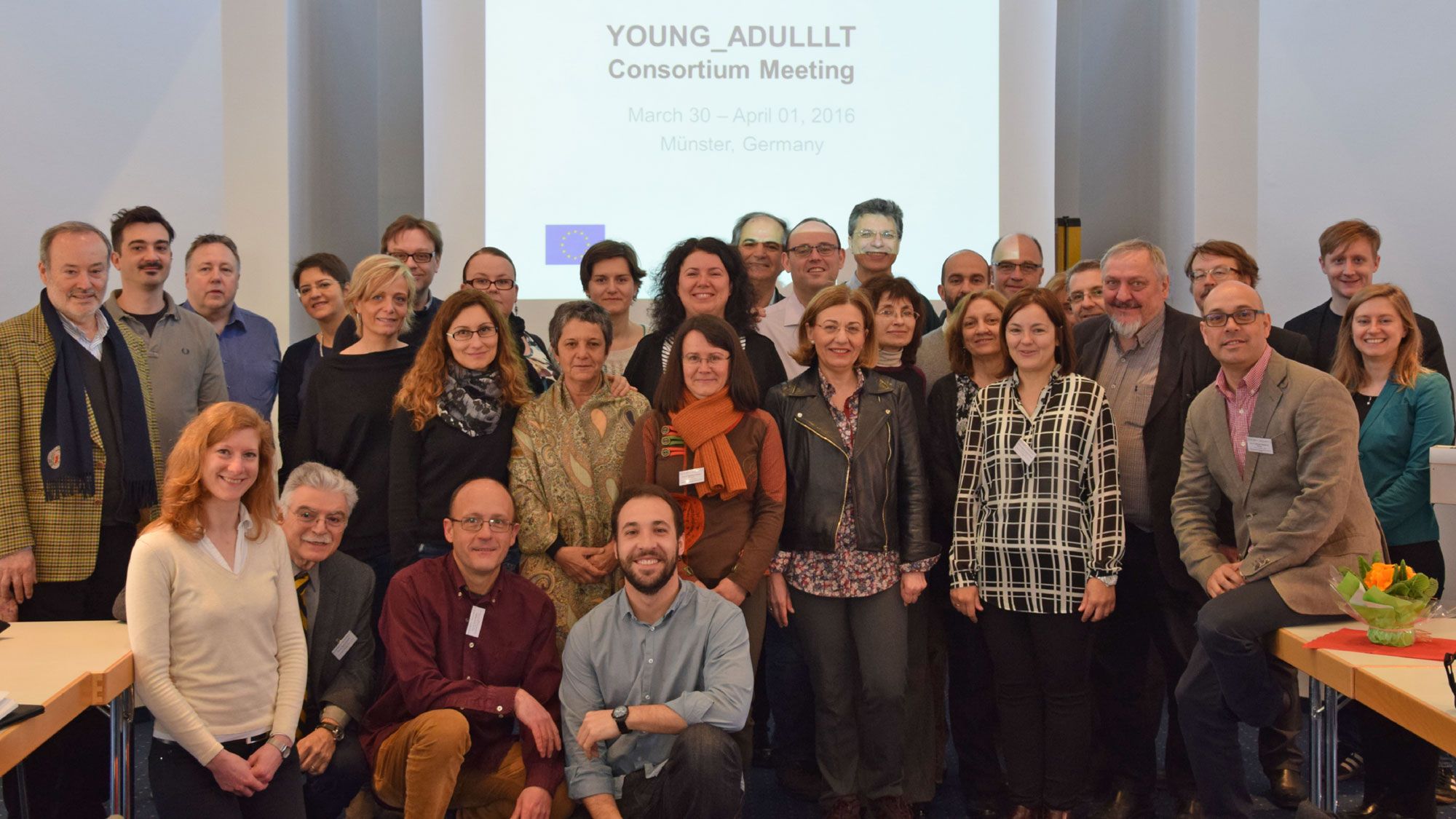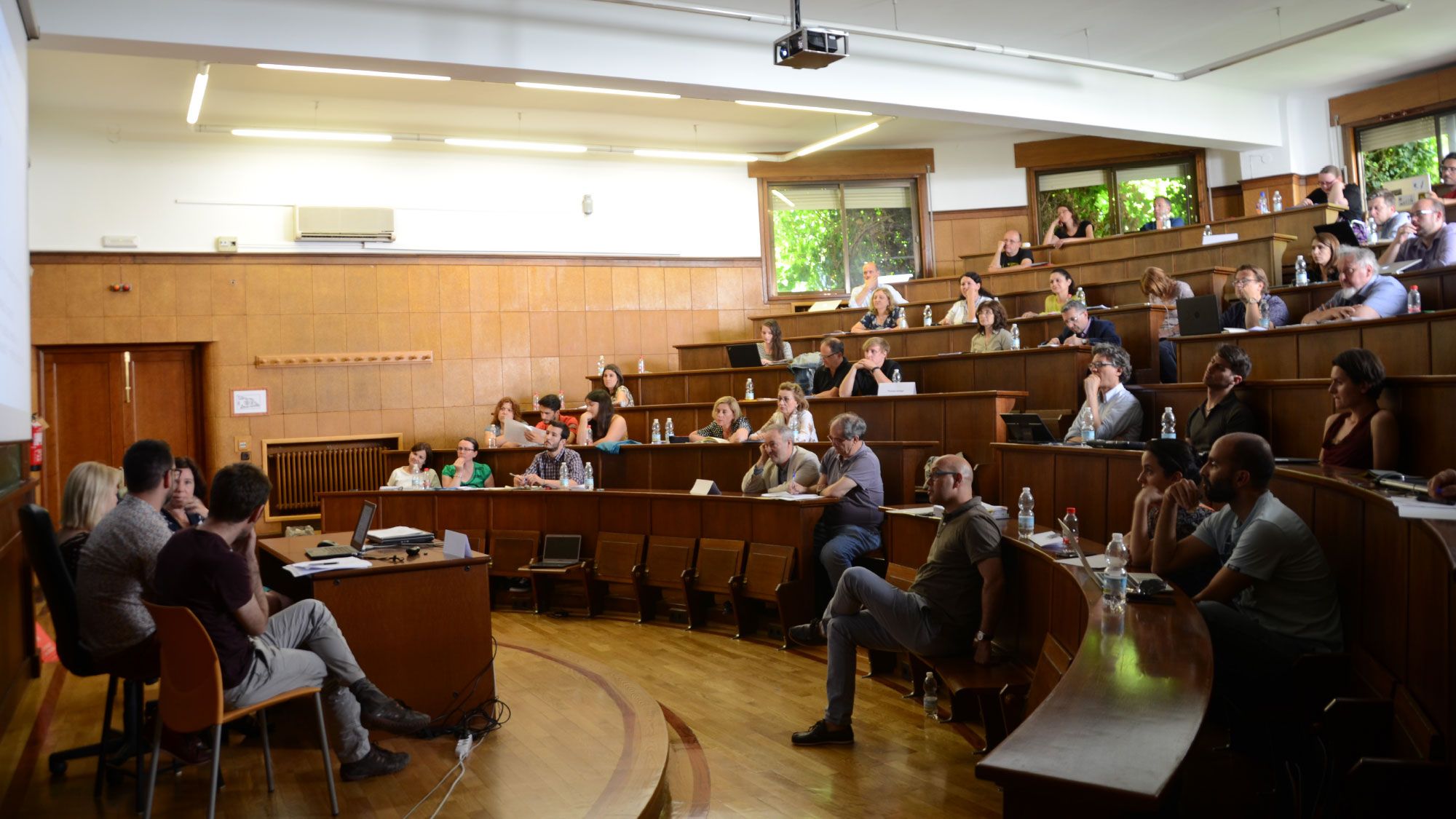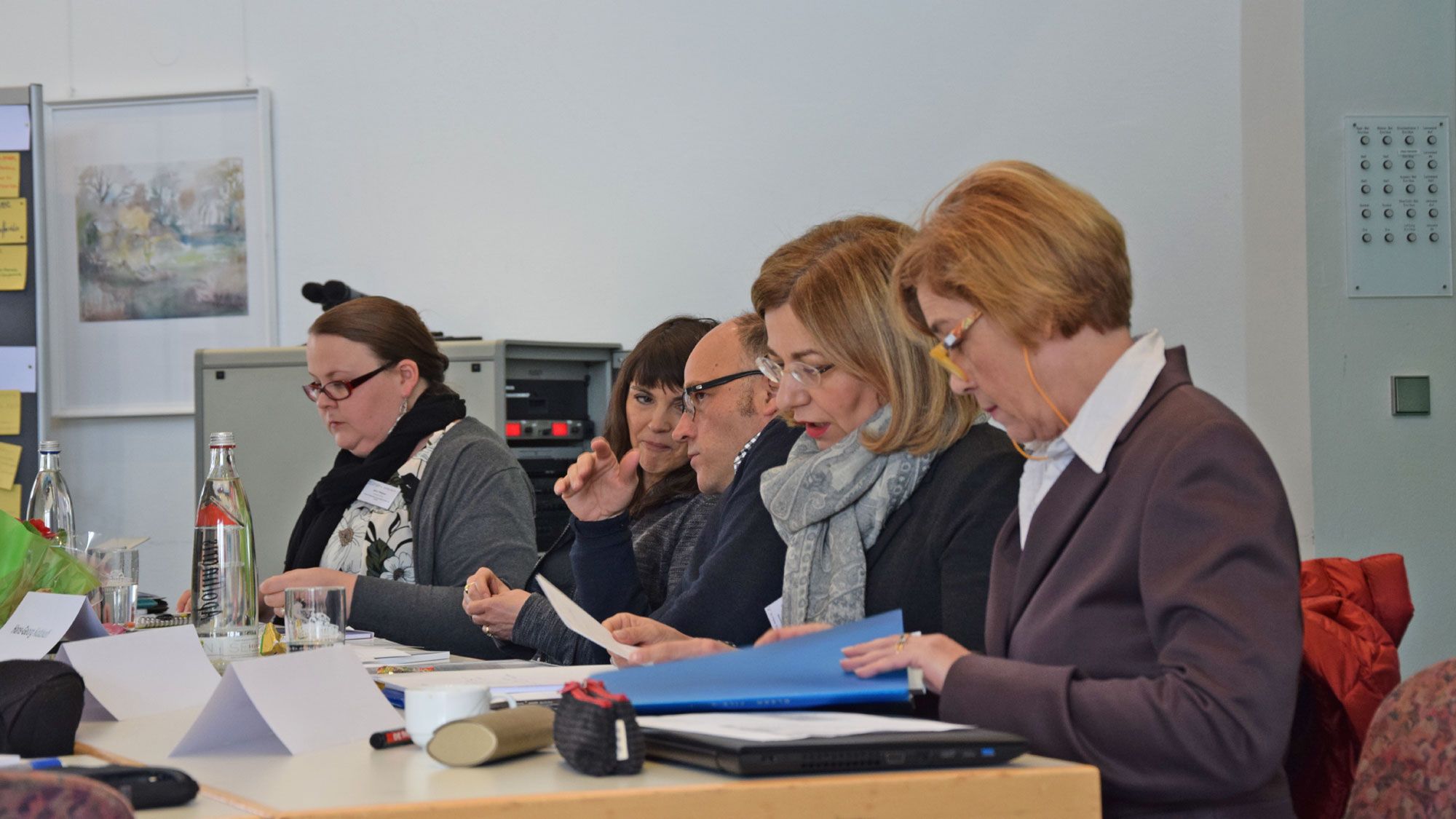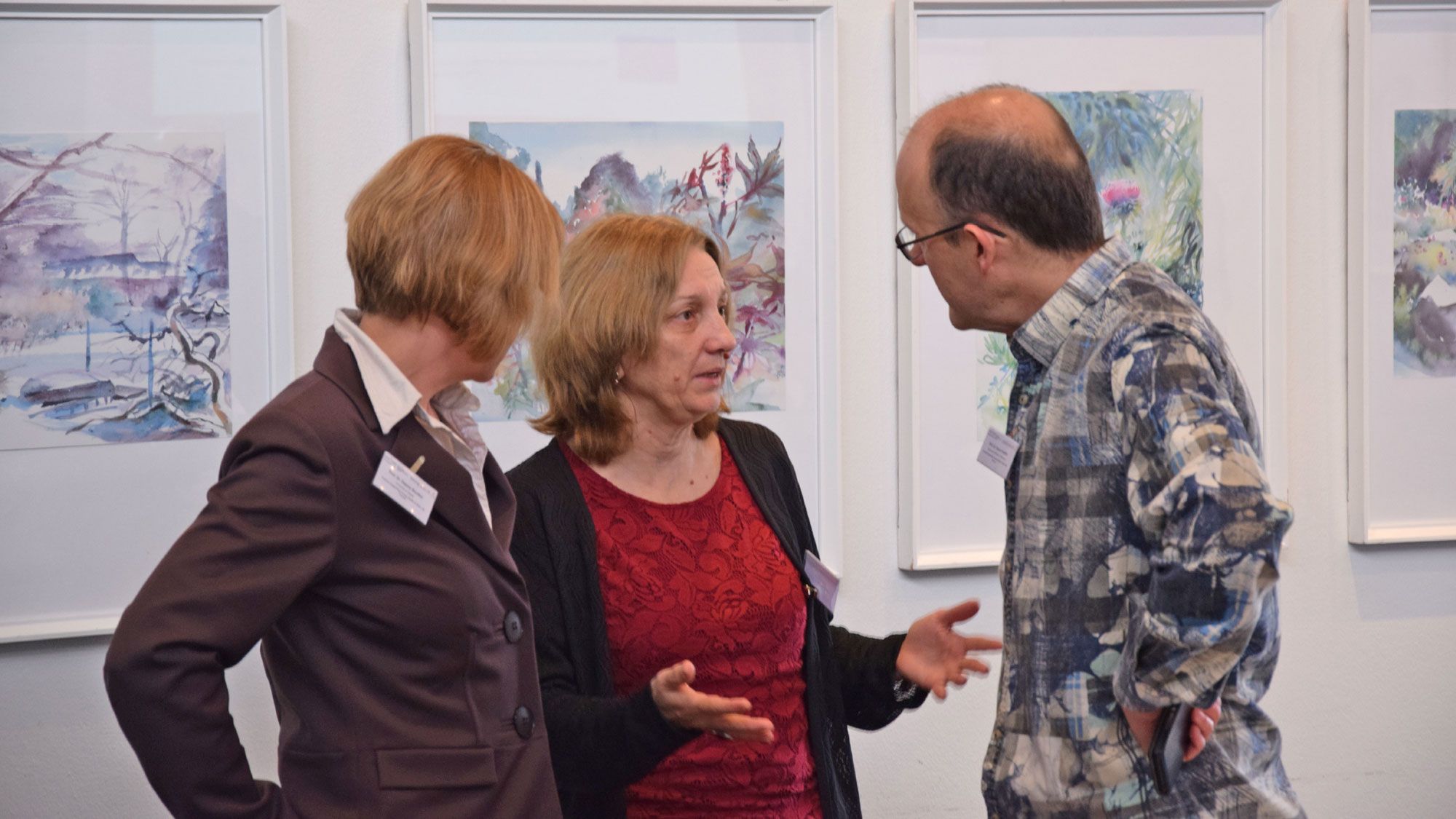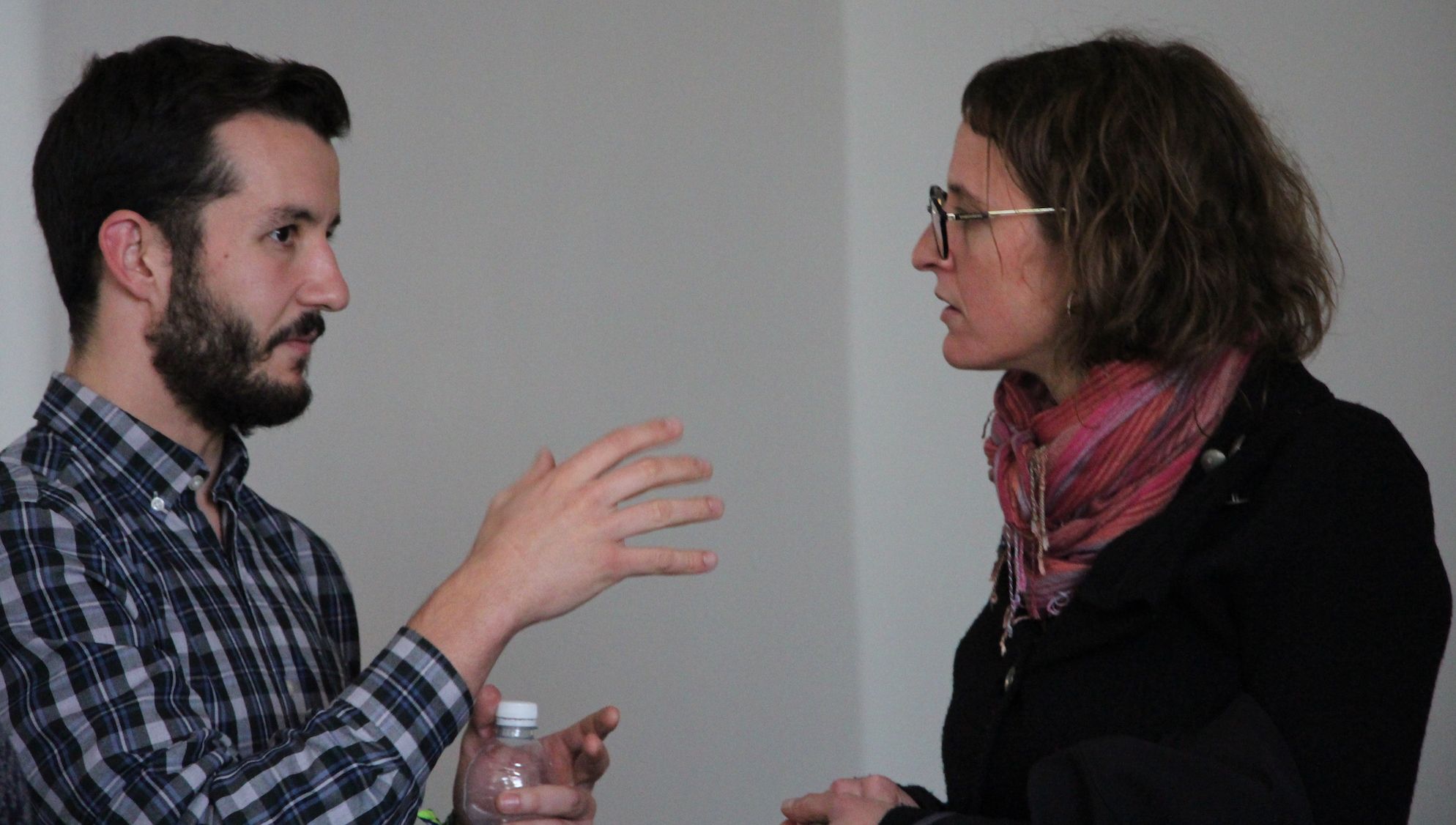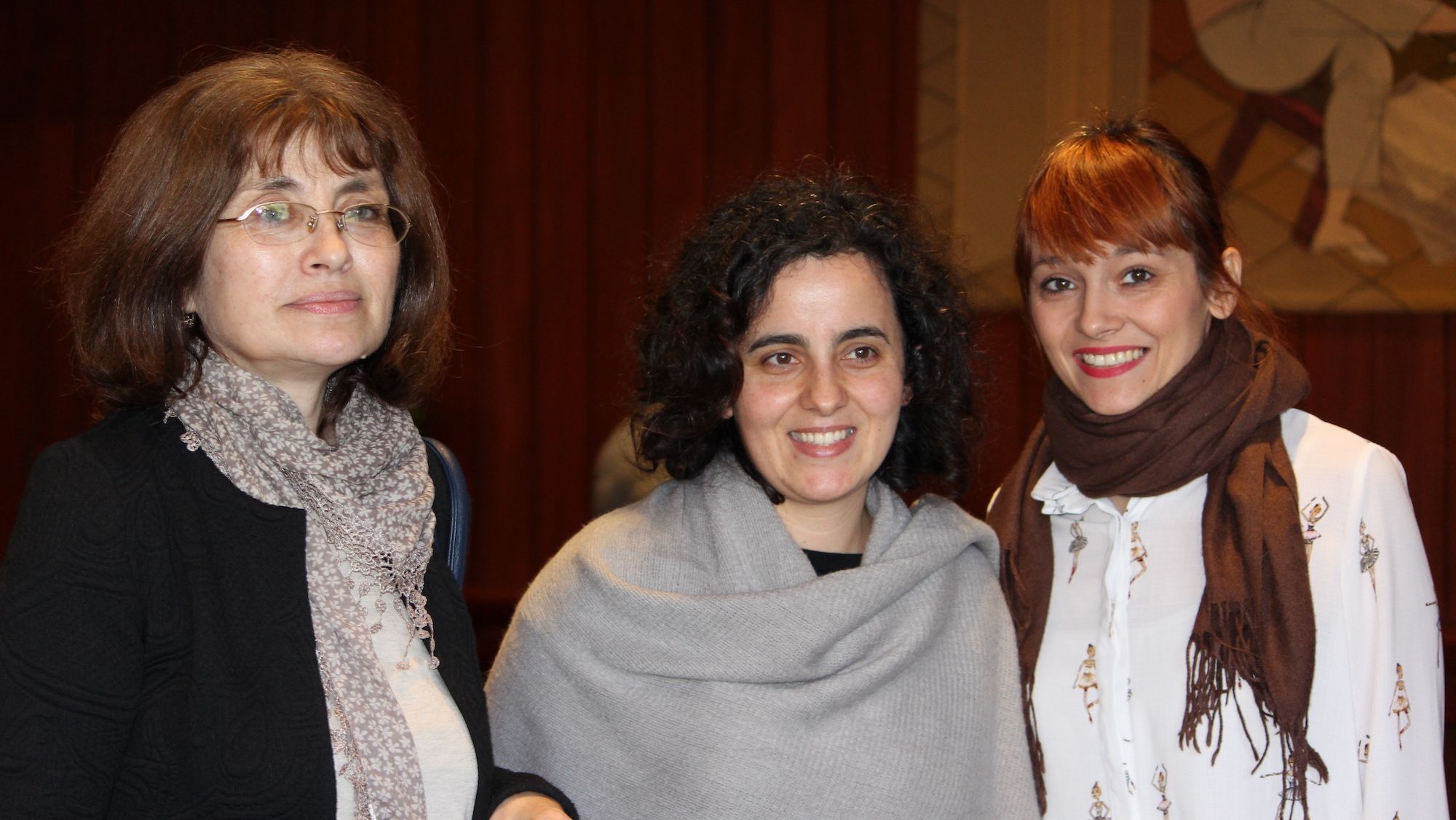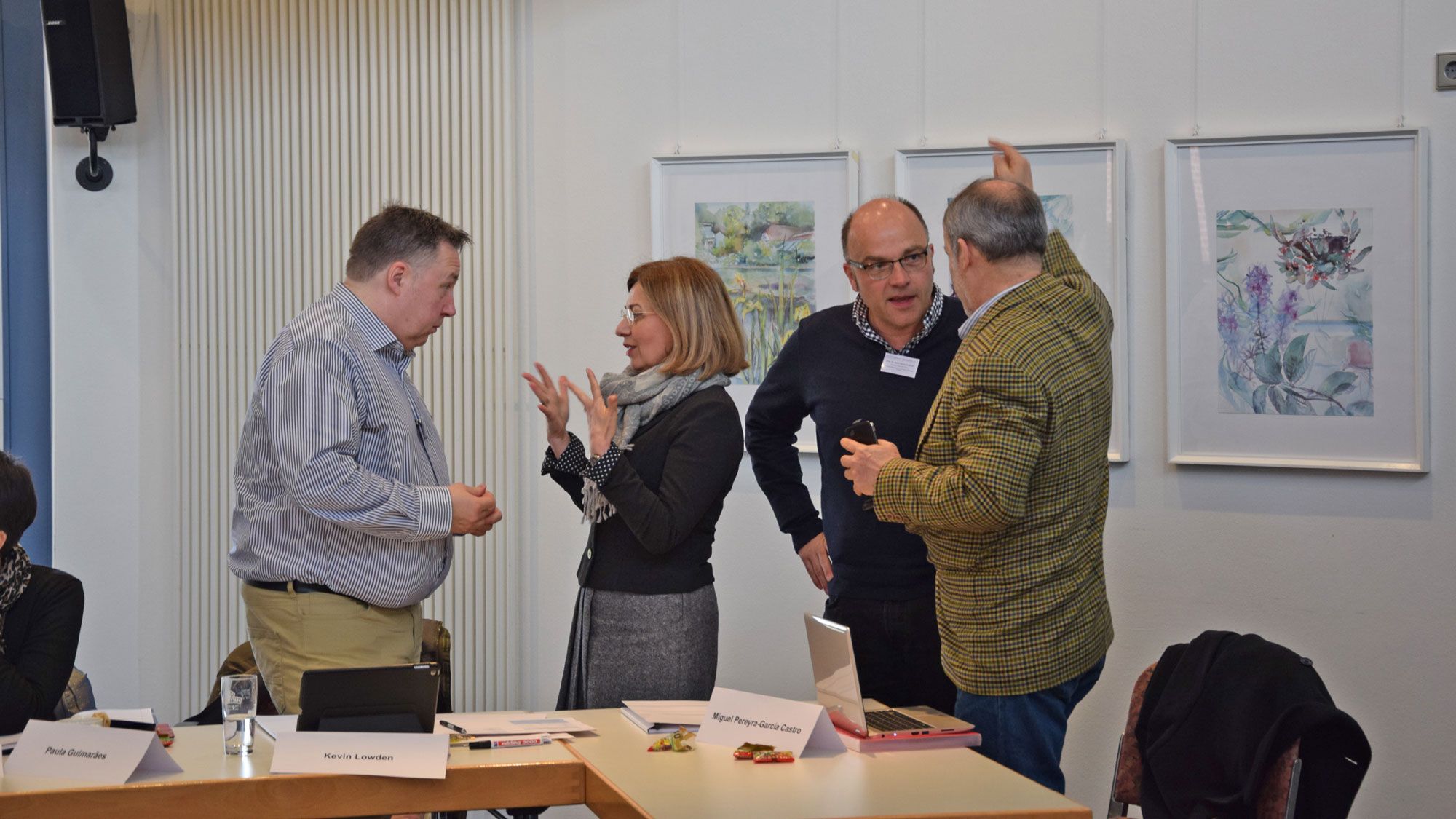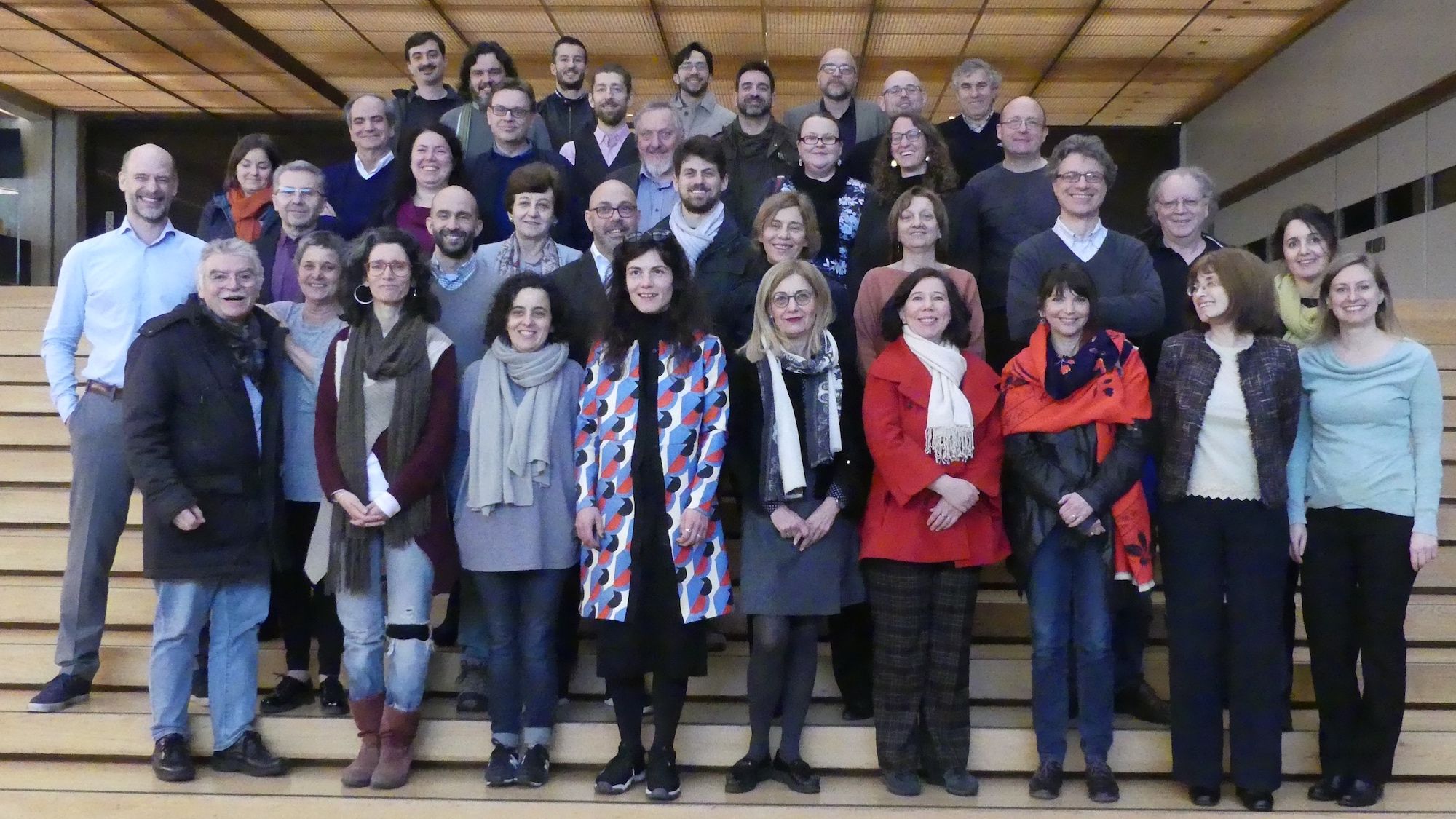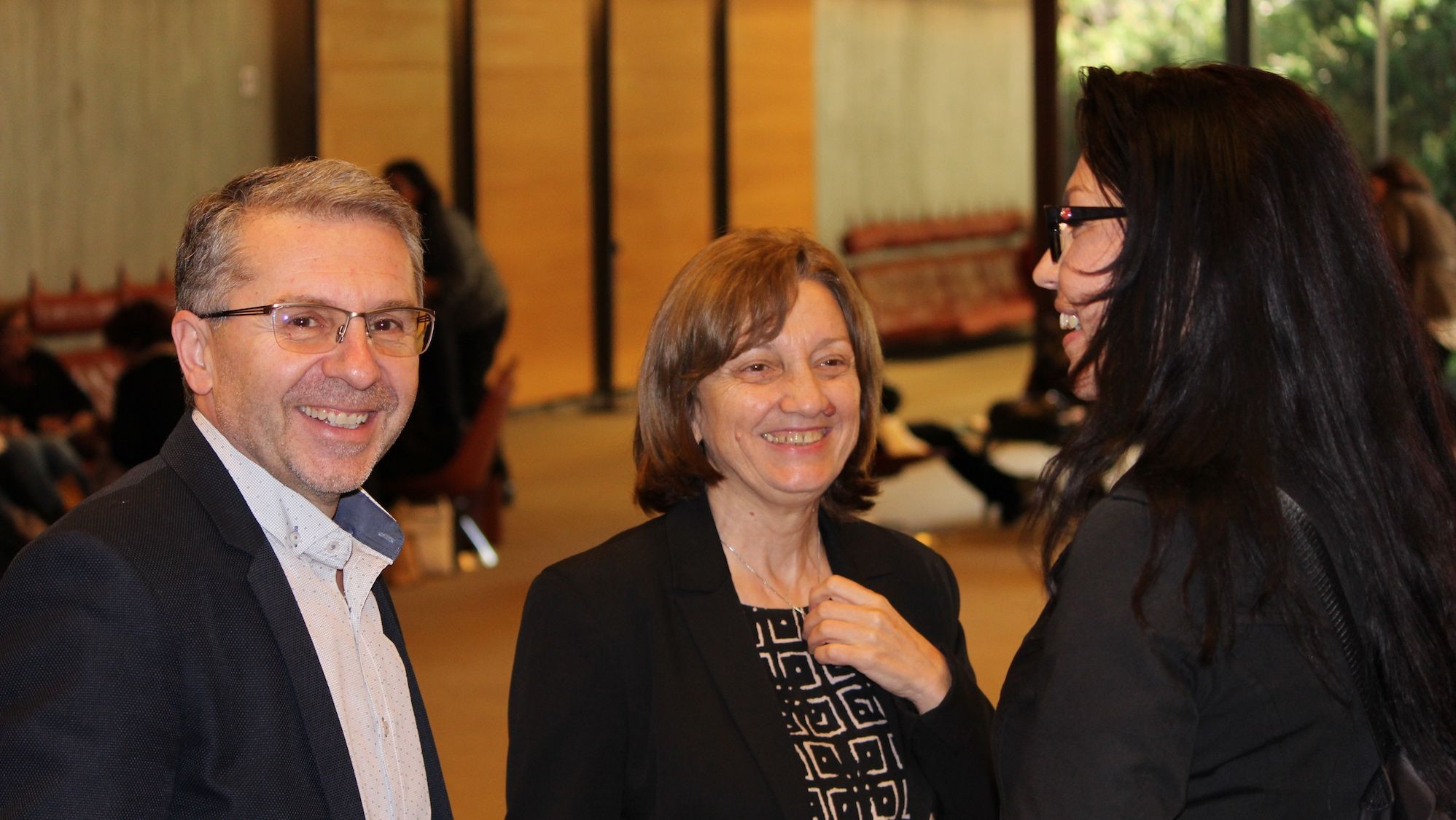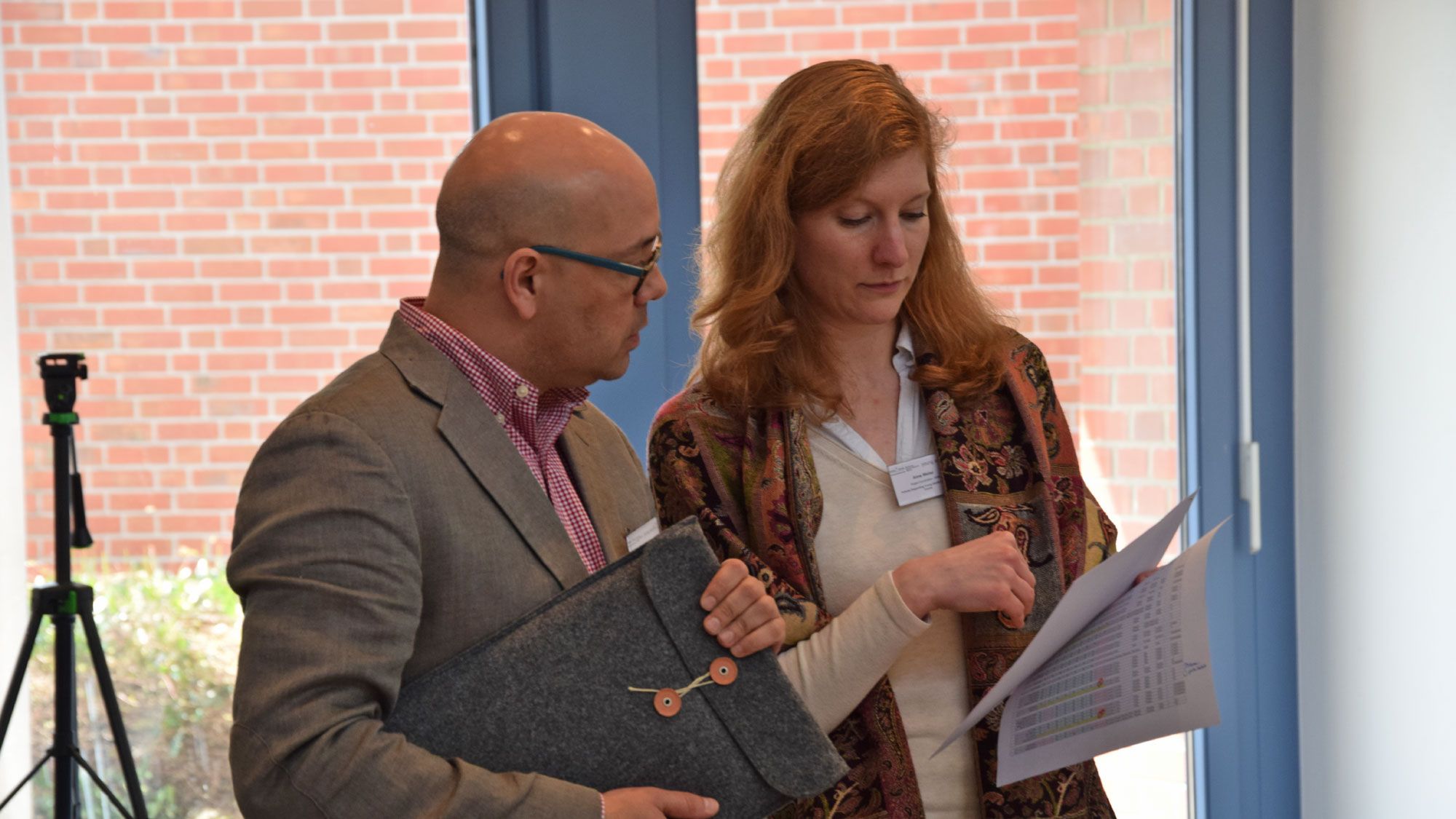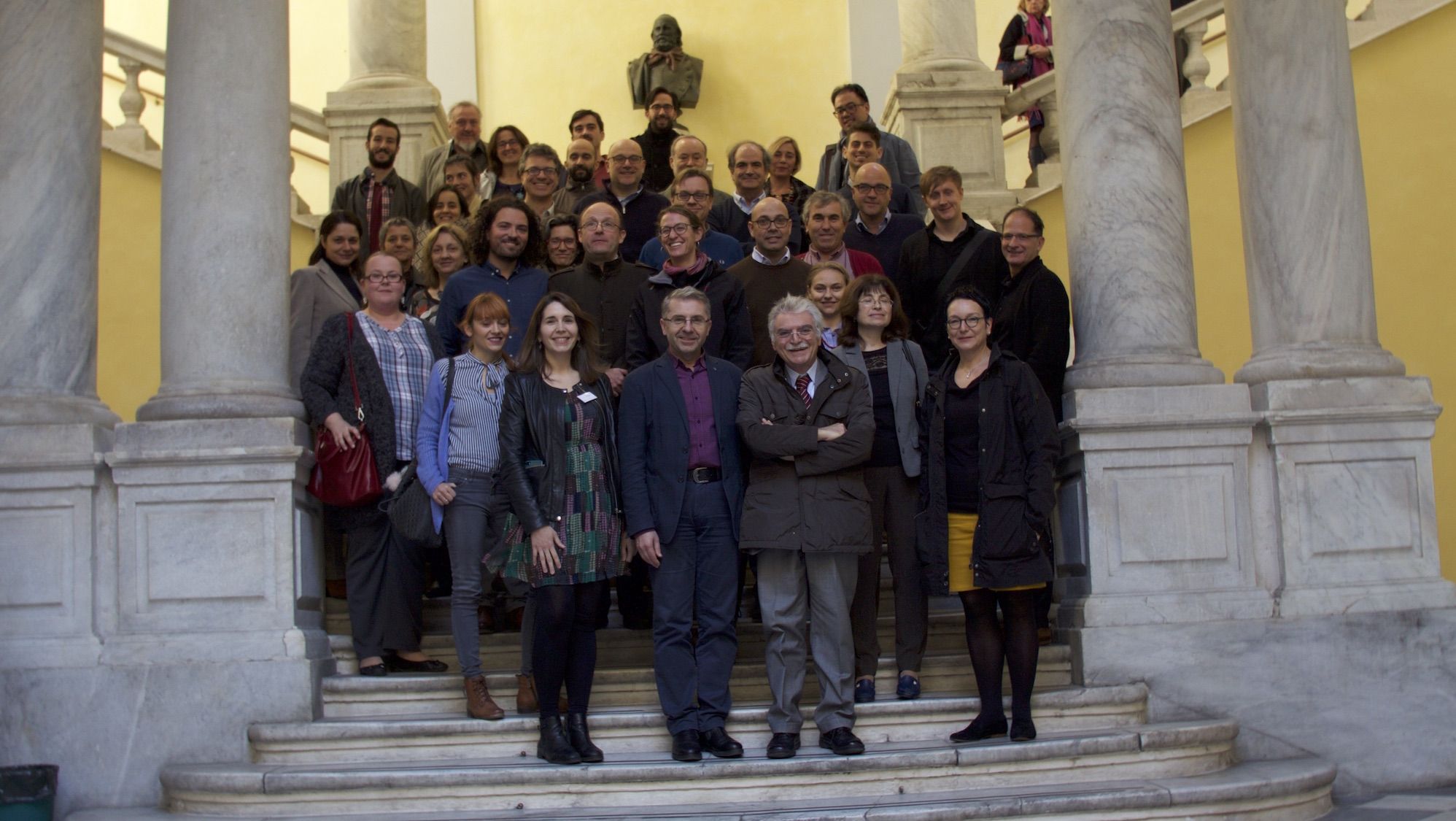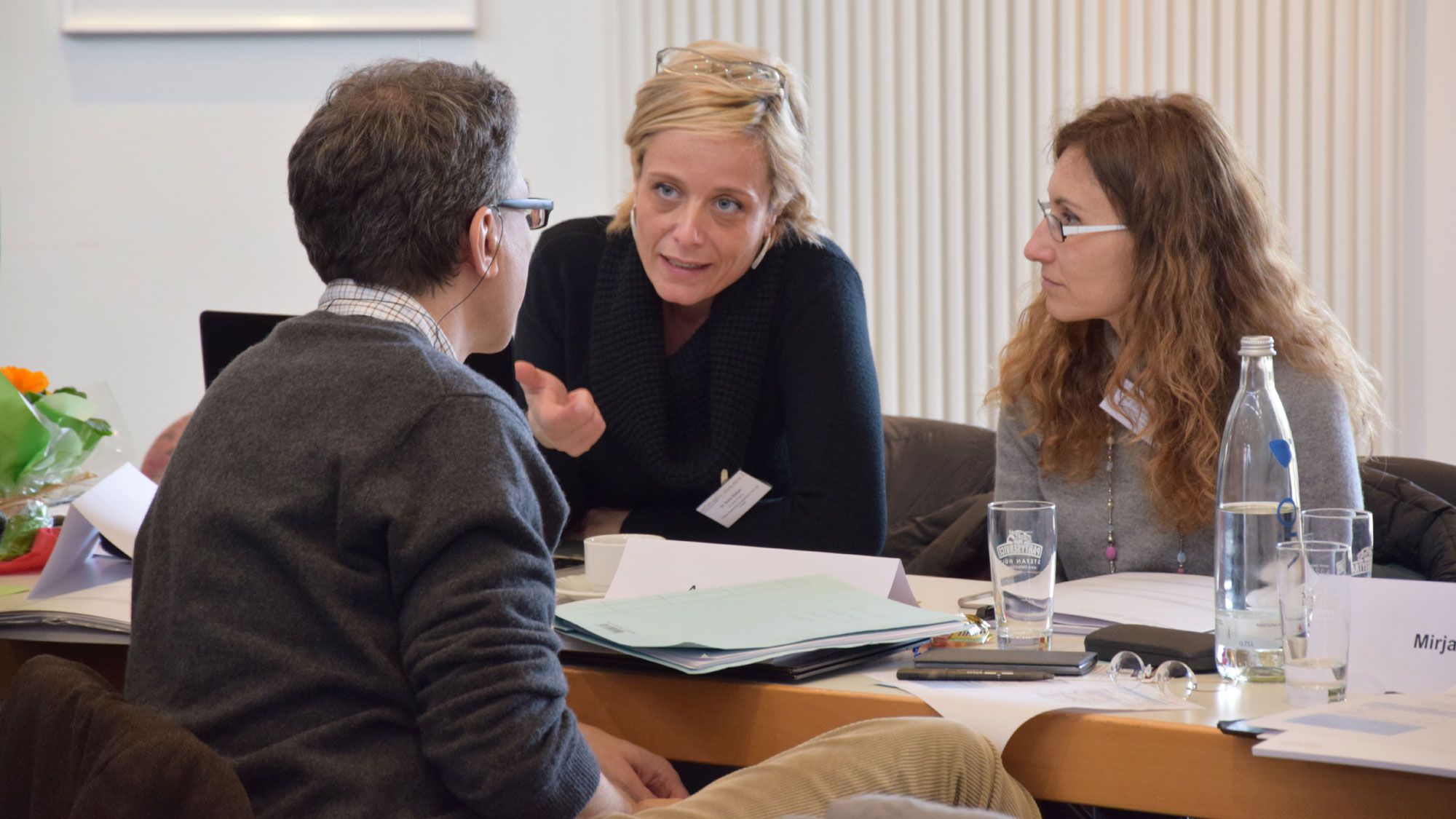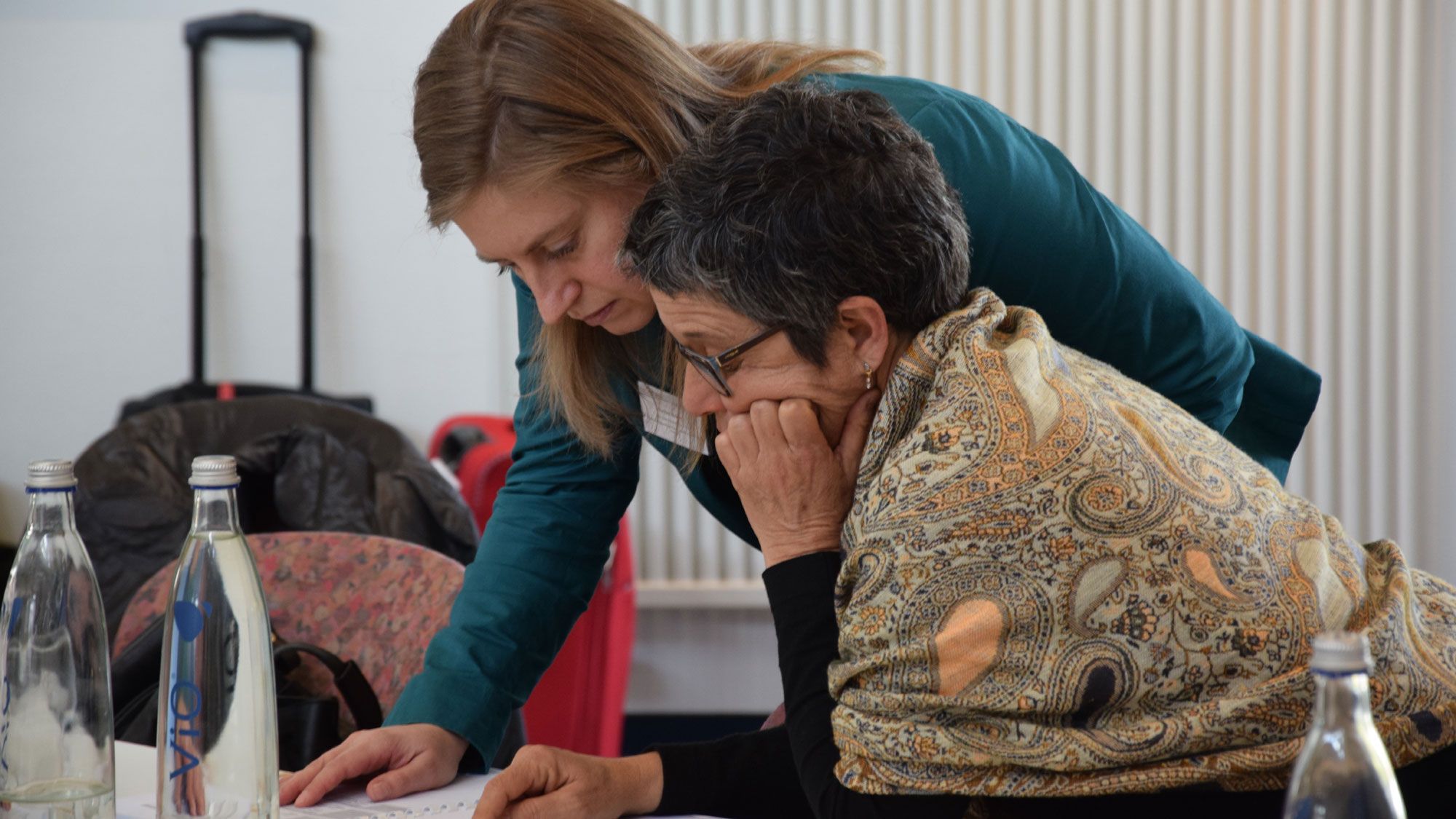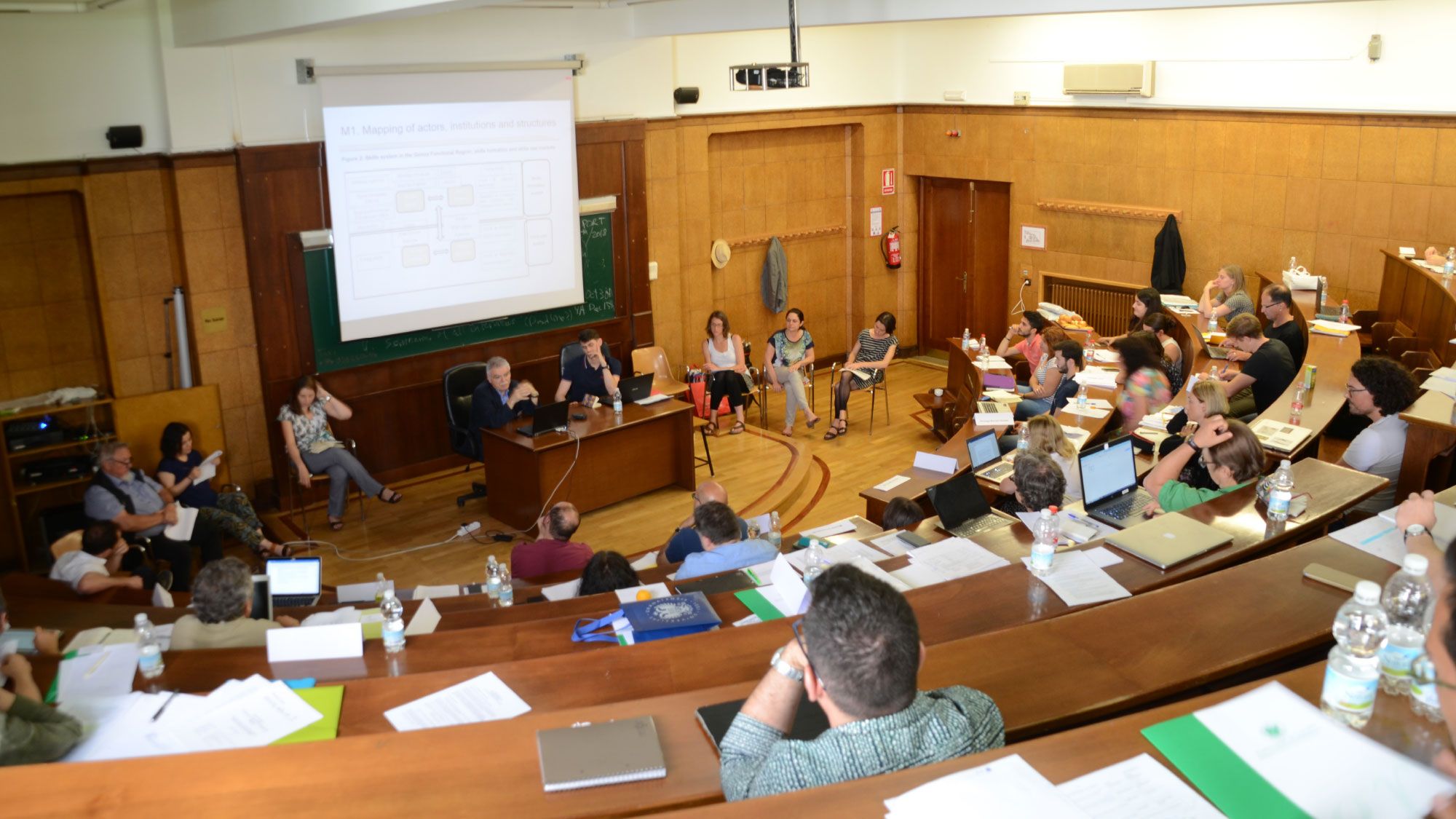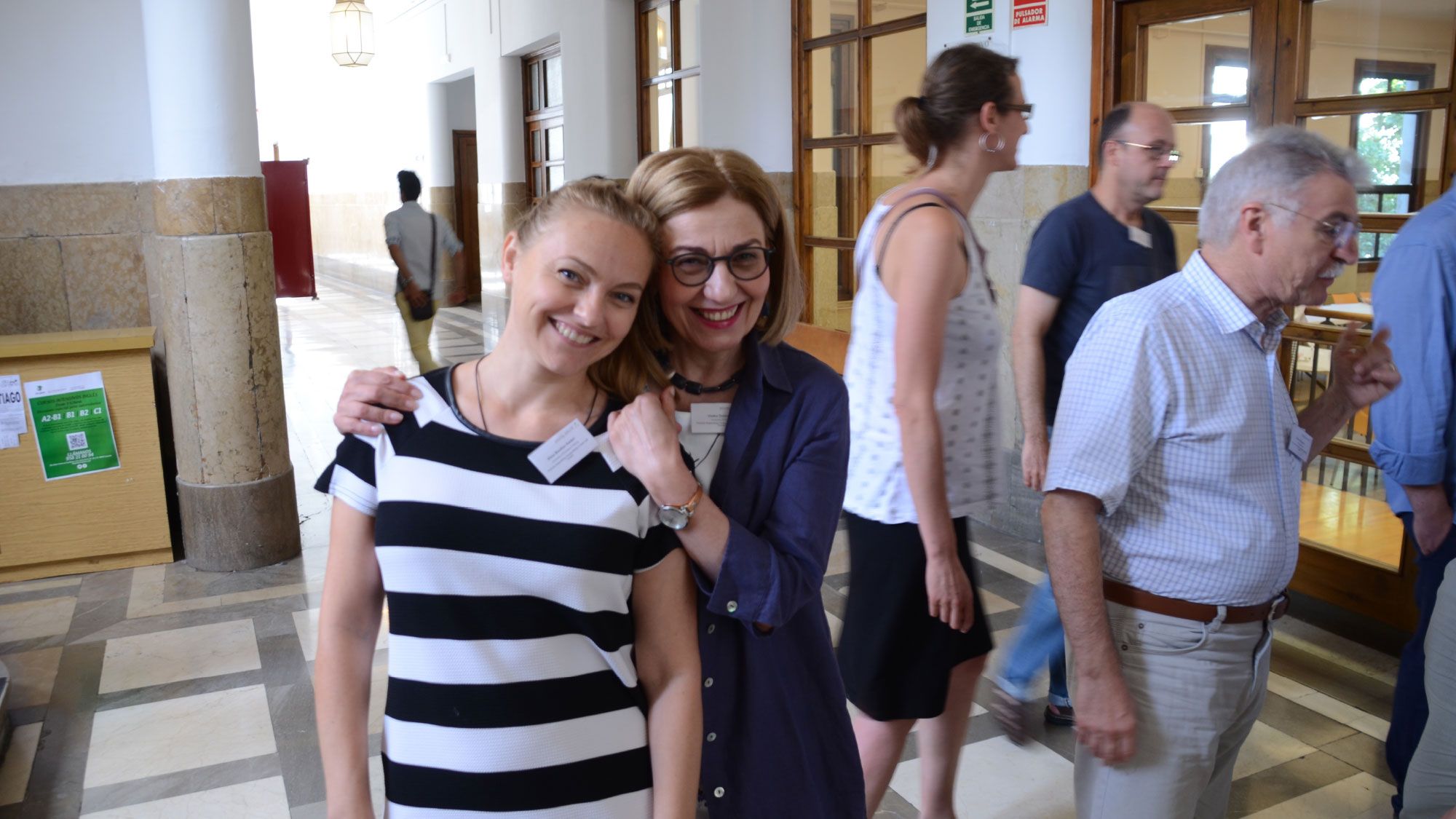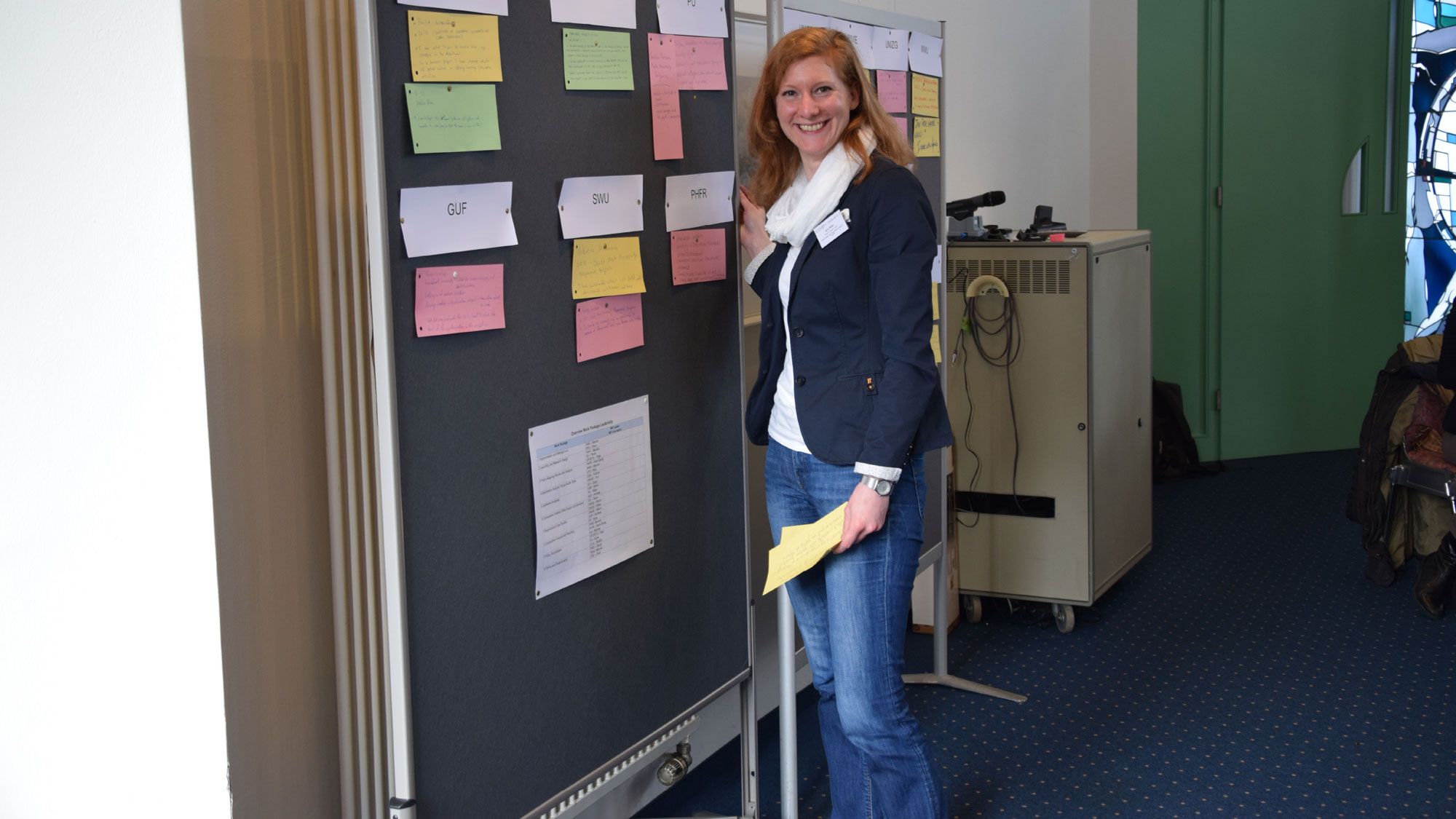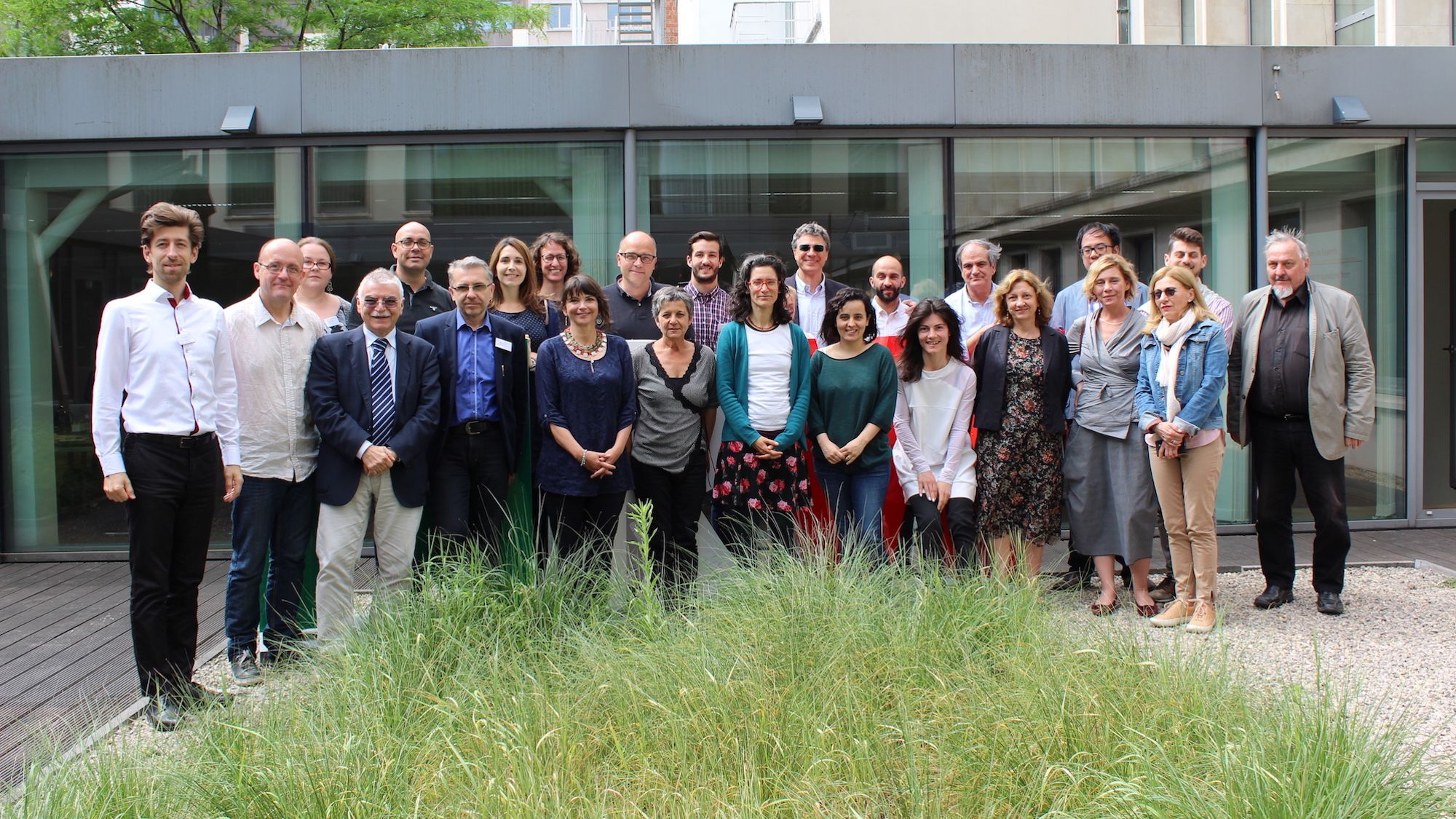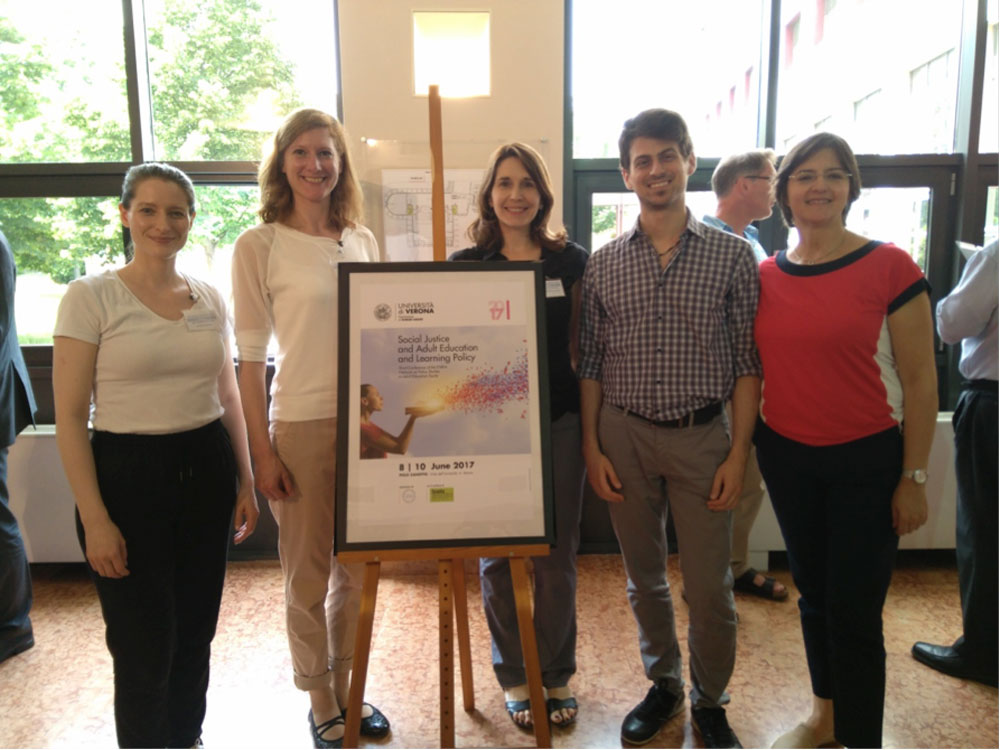Social justice trough Life Long Learning Policies?! – YOUNG_ADULLLTs first conference panel
Can social justice and inclusion be fulfilled by Life Long Learning policies? Under the warm Veronese sun, this question was tackled by the YOUNG_ADULLLT project as they presented the project for the first time in a plenary session at the international conference of the ESREA Network on Policy Studies in Adult Education 'Equity, Social Justice and Adult Education and Learning Policy', from 8-10 June 2017 in Verona, Italy.
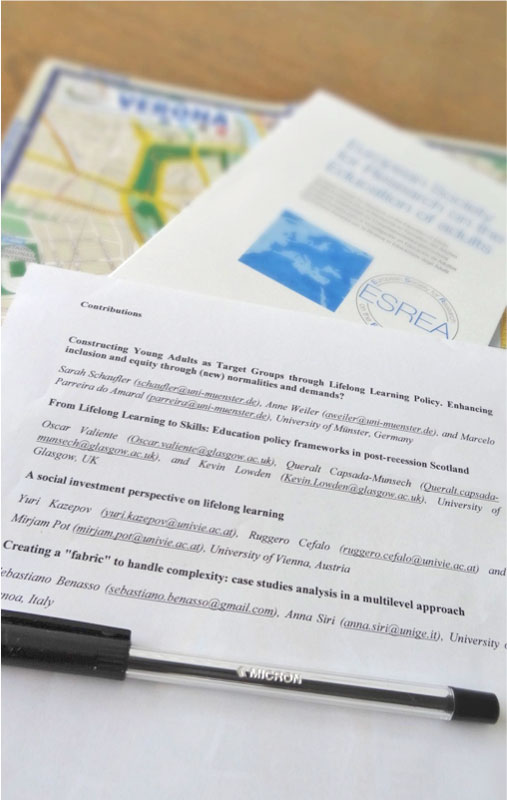 In doing so, they answered to the call of papers that departed from the European responses to the "social and economic crisis" in pointing "to a renewed reliance on adult skills as the panacea." The panel's approache focused on the construction of young adults as a target group of LLL policies with a specific notion of a new normality of being young, at risk and in transition from school to work.
In doing so, they answered to the call of papers that departed from the European responses to the "social and economic crisis" in pointing "to a renewed reliance on adult skills as the panacea." The panel's approache focused on the construction of young adults as a target group of LLL policies with a specific notion of a new normality of being young, at risk and in transition from school to work.
Sarah Schaufler and Anne Weiler opened the panel session in presenting "Constructing Young Adults as Target Groups through Lifelong Learning Policy. Enhancing inclusion and equity through (new) normalities and demands?" They set the scene for the following presentations by departing from a construction of the life course of young adults. Through LLL policies steered by a mode of normalisation, which is a widespread standardisation process across the European policy making processes, European notions permeate the national and regional level, however, breaking with its realities, whereas a 'normal' and linear life path mirrors no longer young adults reality, the policies for them are constructed as if it would.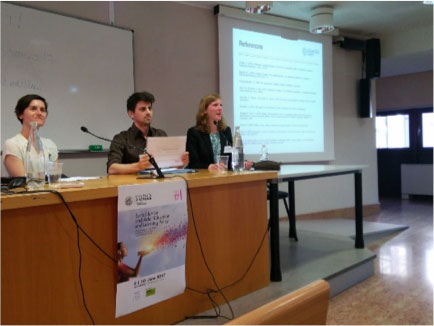
Departing from this, Queralt Capsada-Munsech talked about the skills formation and presented first results from the projects sub-study on policy mapping in Scotland in the aftermath of the global financial crisis. Following this, Ruggero Cefalo and Mirjam Pot discussed the role of human capital in the two contrastive, yet overlapping perspectives of social investment and life ling learning. The panel presentation ended with Sebastiano Benasso's presentation of the conceptual framework for the projects sub-study analysis on case studies.
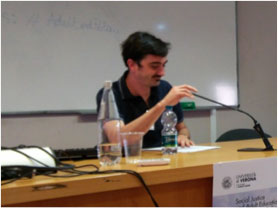 The successful panel steered fruitful discussion amongst the audience, initiated by the discussant Paolo Landri from the Institute for Research on Population and Social Policies, Italy, stressing the novel approach of the YOUNG_ADULLLT research project as well as the selection of the target groups for the sub-studies, especially as the young adults and their meaning making regarding their life trajectories and participation are in focus
The successful panel steered fruitful discussion amongst the audience, initiated by the discussant Paolo Landri from the Institute for Research on Population and Social Policies, Italy, stressing the novel approach of the YOUNG_ADULLLT research project as well as the selection of the target groups for the sub-studies, especially as the young adults and their meaning making regarding their life trajectories and participation are in focus
Here you find a short summary on the Scottish website:
http://young-adulllt-scotland.org/early-career-researchers-from-ya-at-esrea-conference/


